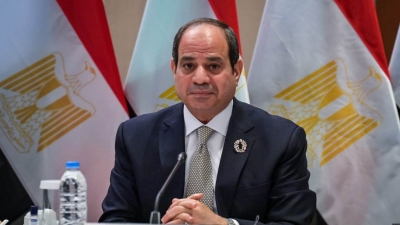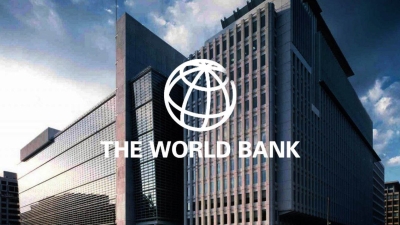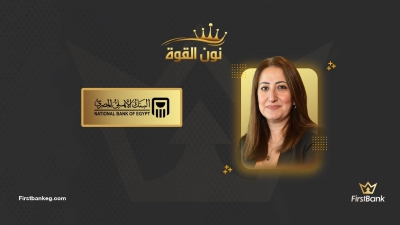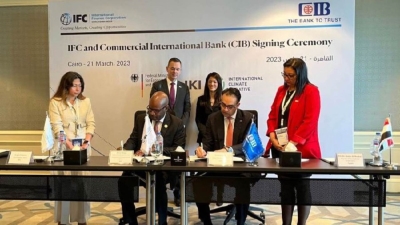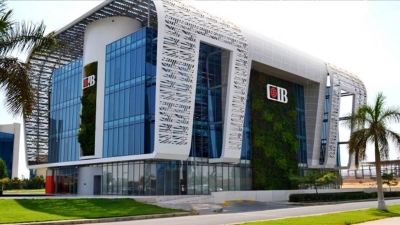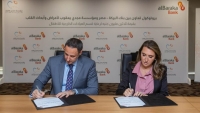World Bank's vice president : The new country partnership enhances our relationship with Egypt
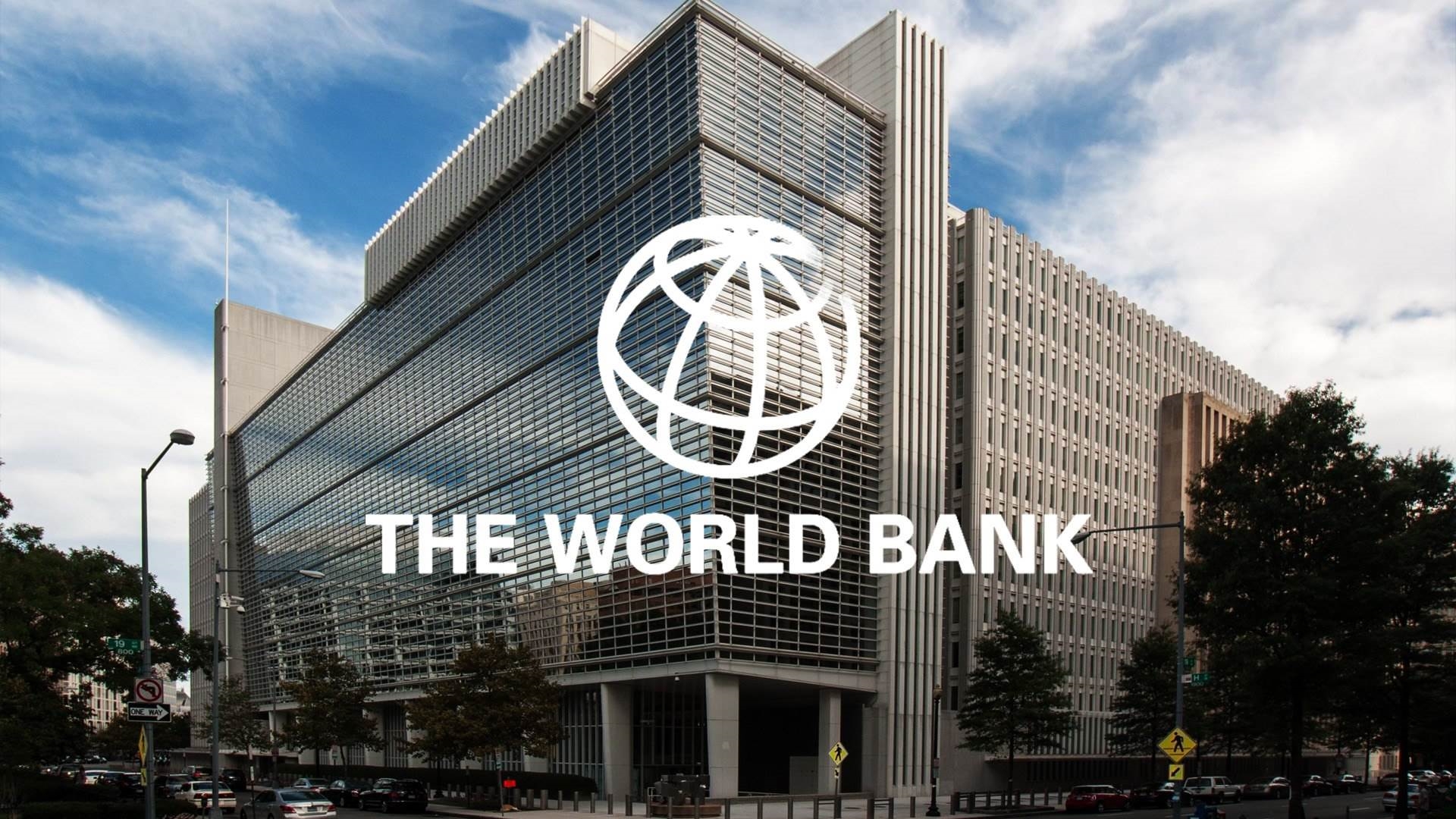
Ferid Belhadj, World Bank Vice President for the Middle East and North Africa, revealed that the new Country Partnership Framework for the World Bank Group strengthens our close relationship with Egypt and places the Egyptian citizen at the center of this strategy to achieve green development for all.
Belhadj added that the new framework supports the development needs of the state, including creating the environment for the private sector to play a greater role in development.
He also indicated that this framework is the result of close cooperation with the government and analytical studies conducted by the World Bank Group such as Egypt Country Climate and Development Report.
The new strategy between Egypt and the World Bank Group for the period 2023-2027 supports future joint cooperation programs and projects.
The new country strategy was approved on March 21, 2023 by the Board of Executive Directors of the World Bank Group.
This is in order to support efforts to achieve comprehensive and sustainable growth, based on national priorities in various sectors and the development vision over the next five years.
The new strategy of the World Bank is consistent with the Egyptian government's strategy for sustainable development, Egypt's Vision 2030, and the National Climate Change Strategy 2050.
The strategy aims to support Egypt in building innovative paths and sustainable solutions to address development challenges in various sectors, eradication of poverty, the promotion of comprehensive prosperity for all segments of society, and the creation of conditions conducive to achieving comprehensive, sustainable and resilient green development.
The strategic partnership framework puts the Egyptian citizen at the forefront of the development process in order to achieve three main goals:
-Increasing and improving job opportunities in the private sector.
-Promote investment in human capital.
- Improving resilience to shocks, along with two interrelated axes that support the three main objectives of governance, enhancing citizen participation, and empowering women.


